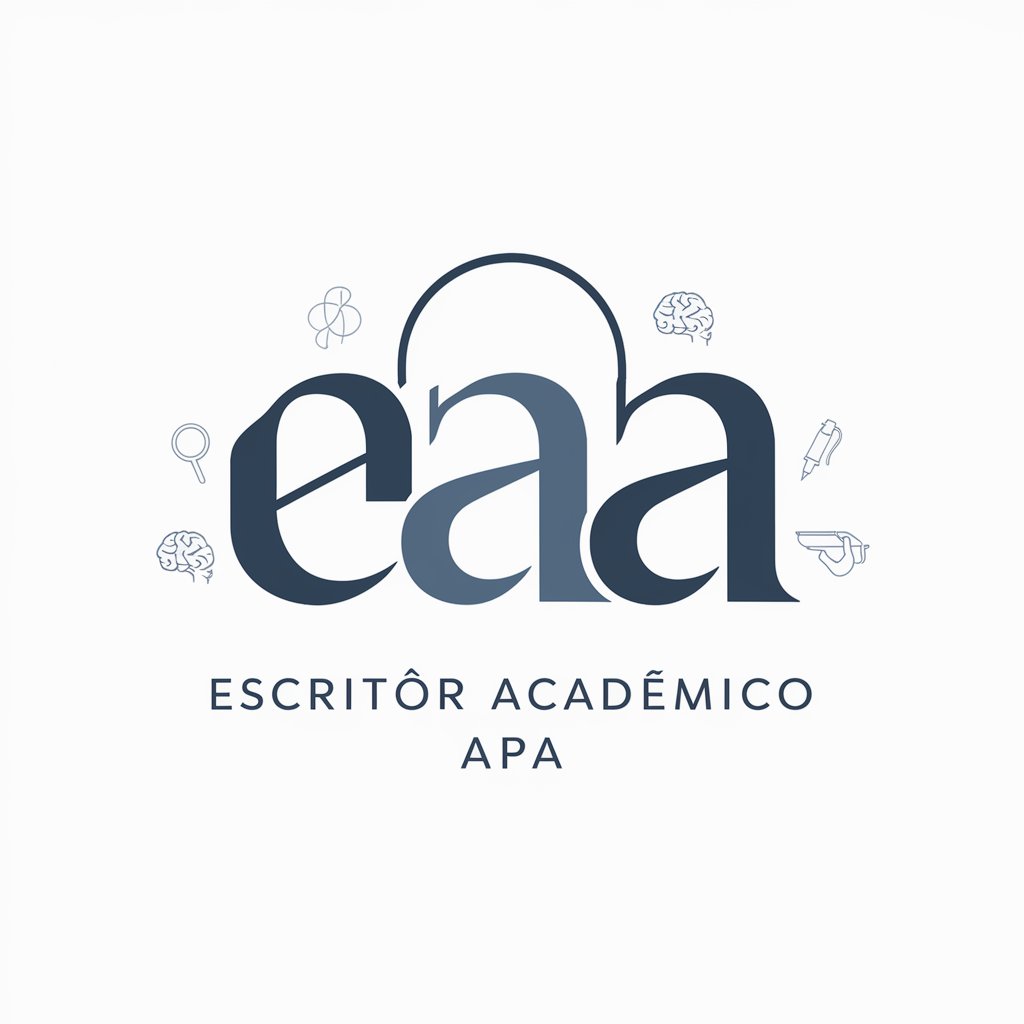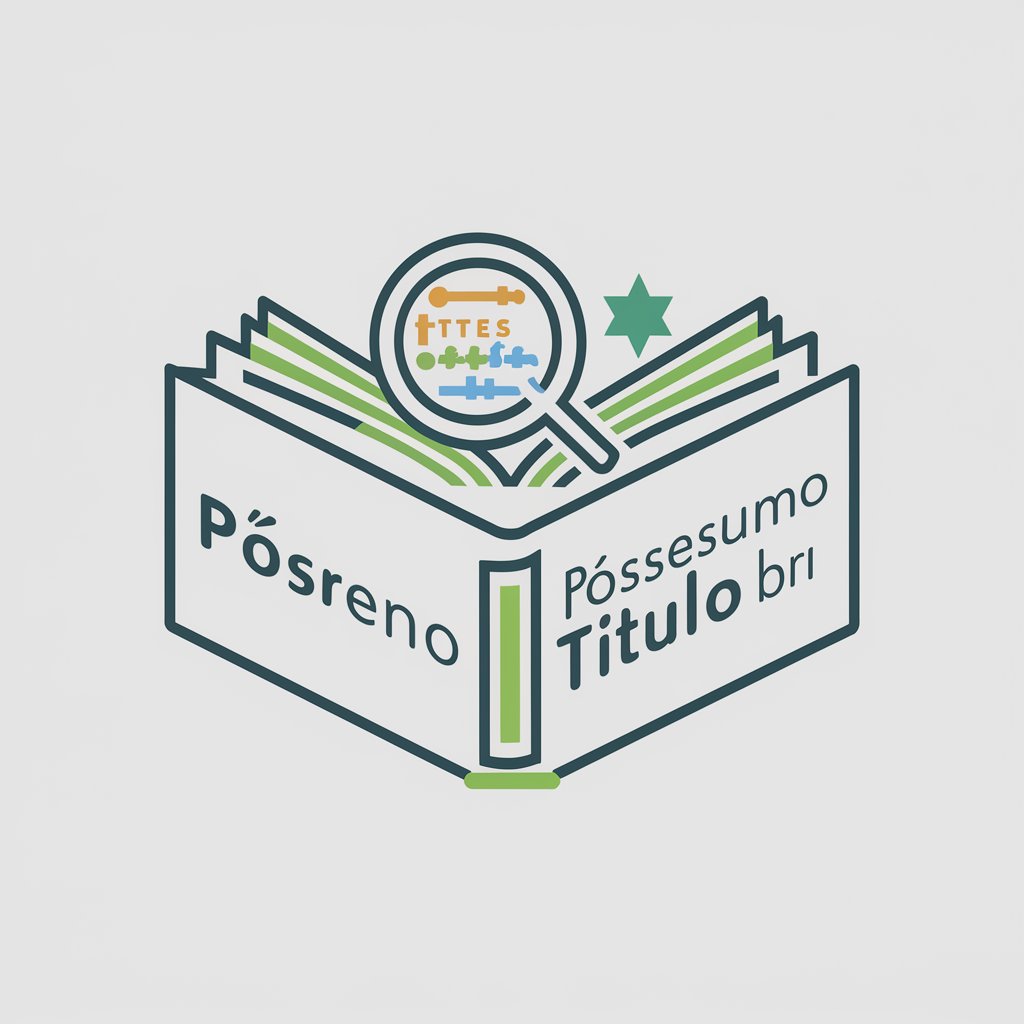
Anotações de Artigos - Article Annotation Aid
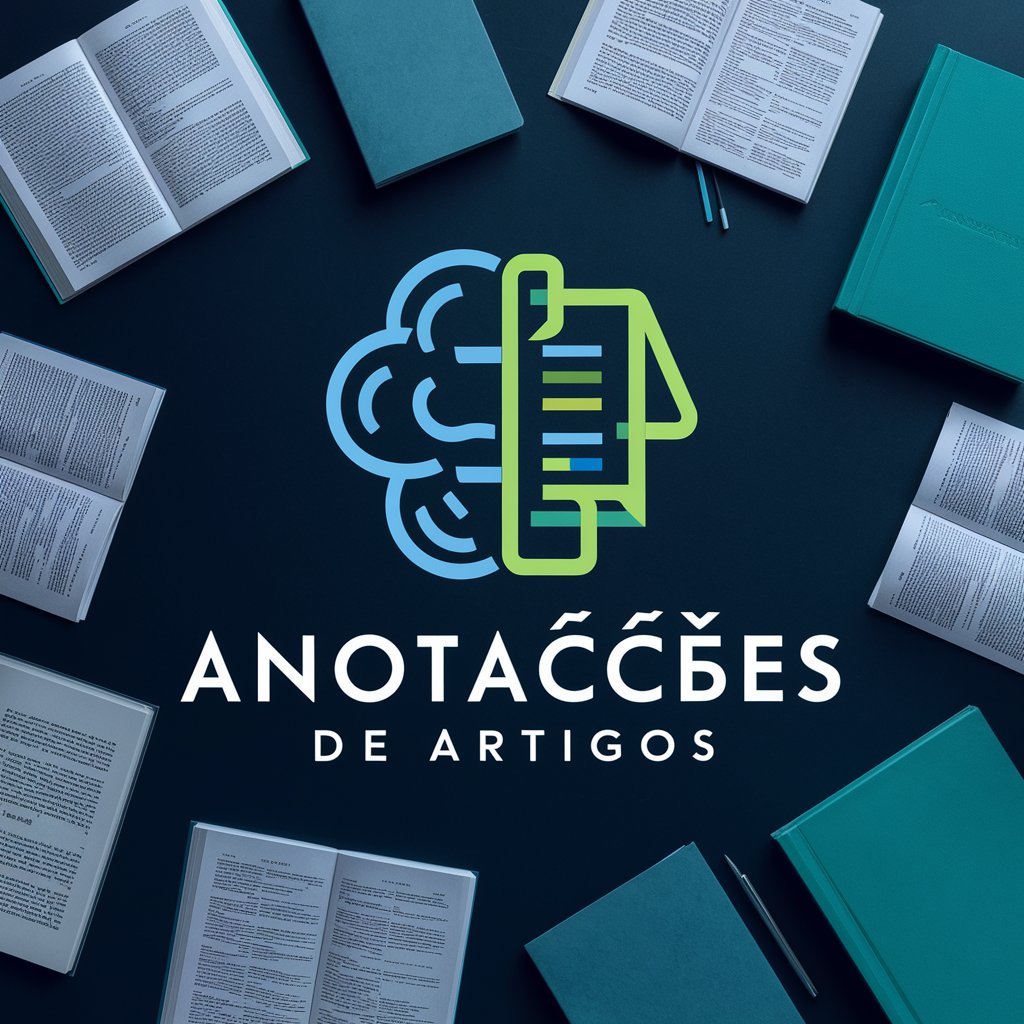
Welcome! Let's dive into some insightful article annotations.
Streamline research with AI-powered annotation
Summarize the key findings of the article in a concise manner...
Identify and explain the main research question posed by the authors...
Describe the methodology used in the study, including data types and analysis techniques...
Discuss the implications of the study's results and any potential limitations...
Get Embed Code
Introduction to Anotações de Artigos
Anotações de Artigos is a specialized tool designed to assist researchers, students, and academics in systematically organizing and annotating scientific articles for later use, particularly in writing dissertations, theses, or research papers. The core objective is to streamline the process of digesting and utilizing vast amounts of scholarly information efficiently. It guides users through annotating titles, authors, abstracts, keywords, methodology, results, and discussions, along with personal reflections and critical assessments of scientific works. For instance, a user could use Anotações de Artigos to dissect an article on machine learning algorithms, capturing the research question, objectives, algorithms used, findings, and implications, making it easier to reference in their own research. Powered by ChatGPT-4o。

Main Functions of Anotações de Artigos
Structured Annotation
Example
Capturing key sections of an article (e.g., introduction, methods, results) with user notes.
Scenario
A graduate student uses the tool to annotate articles for their thesis literature review, ensuring they capture all relevant details for citation and discussion.
Critical Analysis and Reflection
Example
Adding personal insights, critiques, and connections to other research.
Scenario
An academic annotates a groundbreaking article in their field, noting potential biases in methodology and drawing parallels to their own work.
Organization and Indexing
Example
Creating an indexed, searchable database of annotations.
Scenario
A researcher preparing a comprehensive review paper uses the tool to organize annotated articles by keyword and topic, facilitating easy access to specific information.
Preparation for Dissertation Writing
Example
Summarizing sections and transforming key quotations into paraphrases.
Scenario
A PhD candidate synthesizes annotated articles into concise summaries and paraphrases for inclusion in their dissertation, maintaining original meaning while integrating seamlessly into their narrative.
Ideal Users of Anotações de Artigos
Graduate Students
Graduate students working on theses or dissertations will find Anotações de Artigos invaluable for managing literature reviews, organizing citations, and synthesizing research findings across multiple articles.
Academics and Researchers
Academics and researchers engaged in writing journal articles, books, or grant proposals can use the tool to streamline their literature analysis process, critically evaluate sources, and develop comprehensive arguments or hypotheses.
Librarians and Information Scientists
Librarians and information scientists may benefit from using Anotações de Artigos to guide students and faculty in research methodologies, as well as to manage and organize scholarly resources more effectively.

How to Use Anotações de Artigos
1
Initiate your journey by exploring yeschat.ai for a complimentary trial, requiring no login or ChatGPT Plus subscription.
2
After accessing the tool, upload or paste the URL of the scientific article you wish to annotate for your research or study.
3
Utilize the provided template to annotate the article, focusing on sections such as the abstract, introduction, methodology, results, and discussion.
4
Apply labels or color codes to differentiate between fundamental concepts, secondary information, and critical observations for easy reference.
5
Review and refine your annotations, adding personal reflections, questions, and connections to other works, preparing them for integration into your dissertation or research project.
Try other advanced and practical GPTs
Self-Enquiry Meditation
Discover your true self, effortlessly.

DreamAI
Empowering Insights with AI
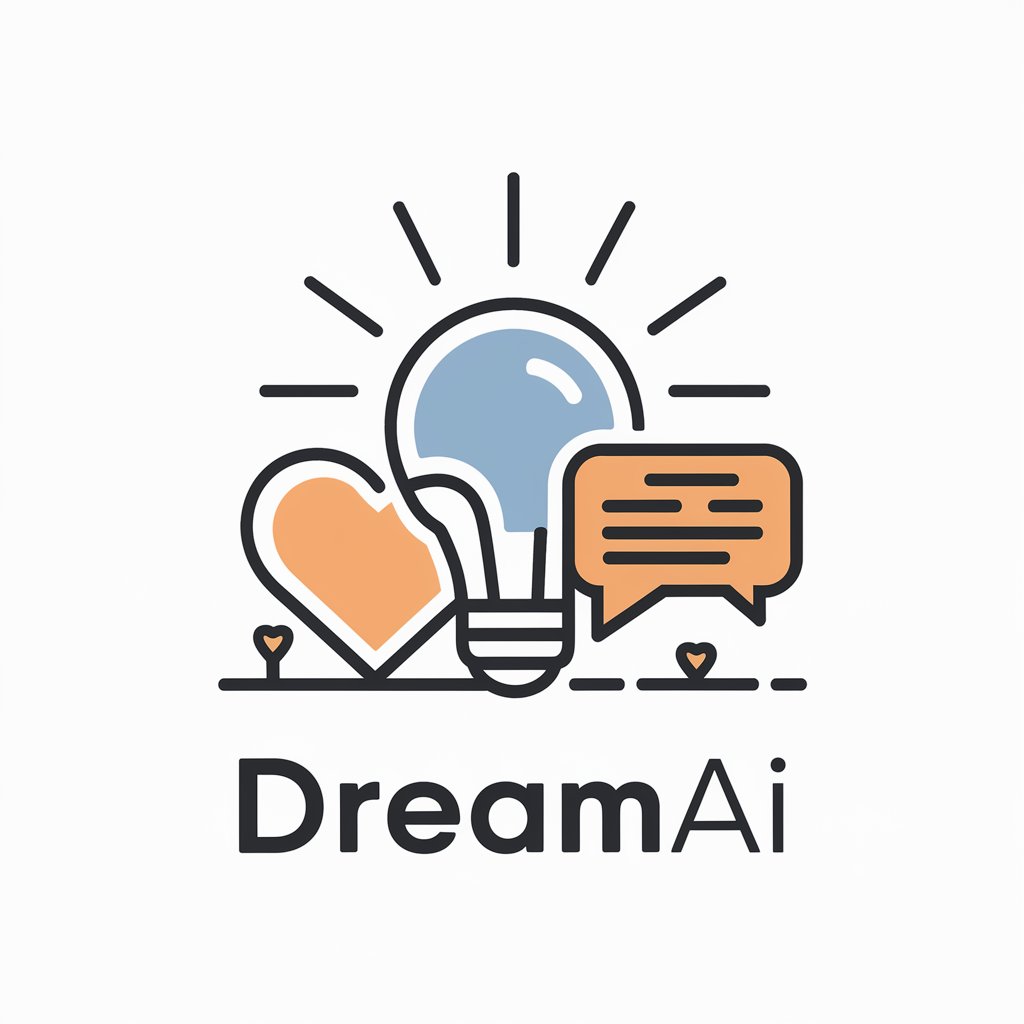
C.C. the Co-Founding Collaborator
Empowering your entrepreneurial journey with AI.
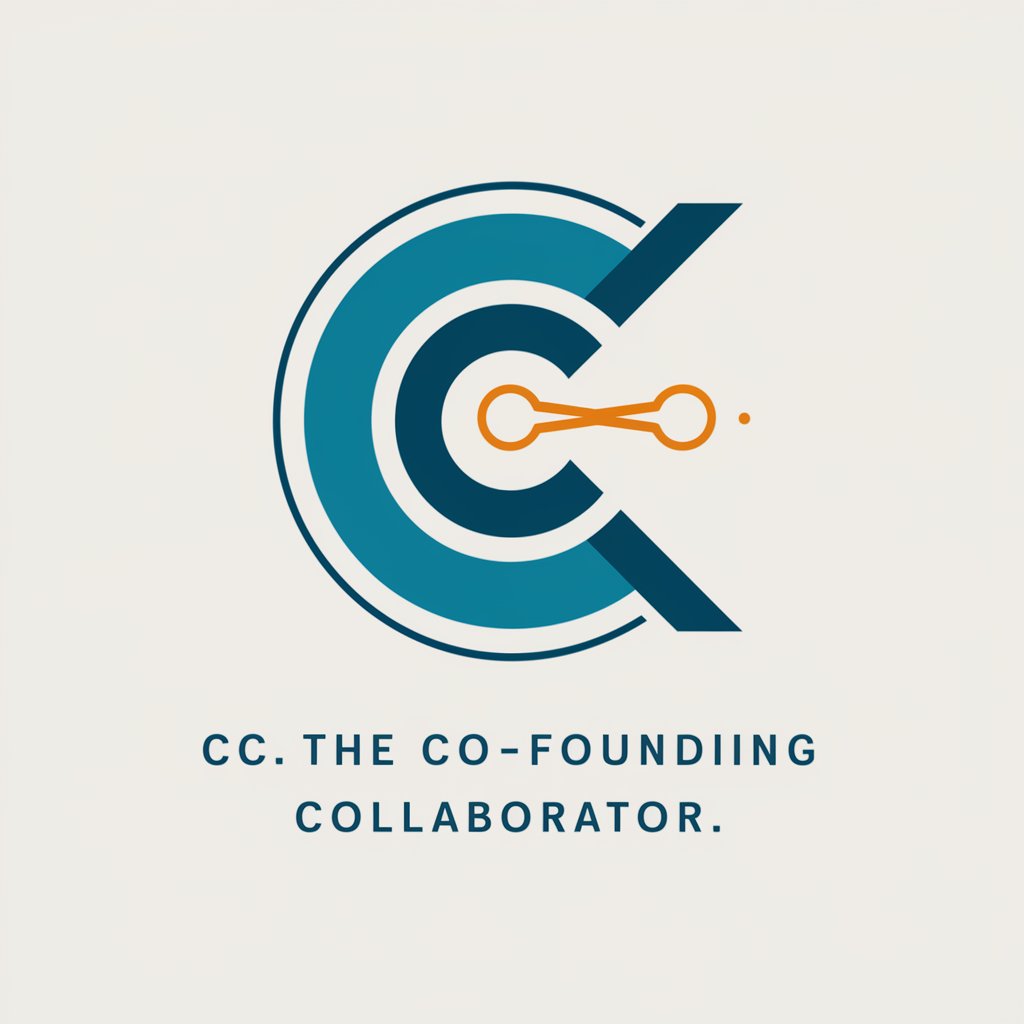
Wisdom | Path to Greatness
Unlock your potential with AI-powered guidance.

CodeCreator
Empowering Your Web Creations with AI

Insta Profile Helper | Level Up Your Social Media
Elevate Your Instagram Game with AI

Culinary Homesteader
Empowering home cooks with AI-driven homestead wisdom.

Winston
Your AI-powered mentor for life's challenges

Humanize AI Writer
Revive Your Text with AI
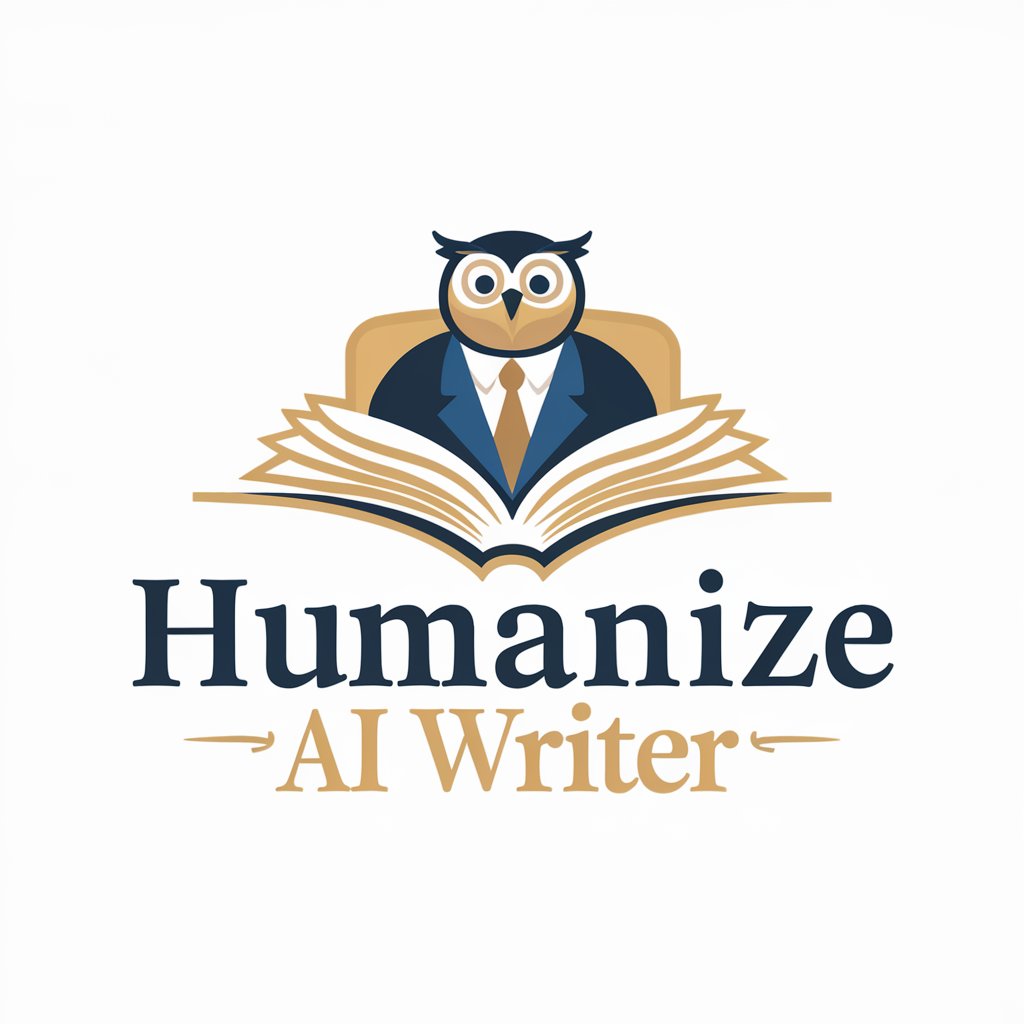
Piney Coach
Empowering Your Potential with AI

PINEY
Elevating Trading with AI-Powered Pine Script Solutions
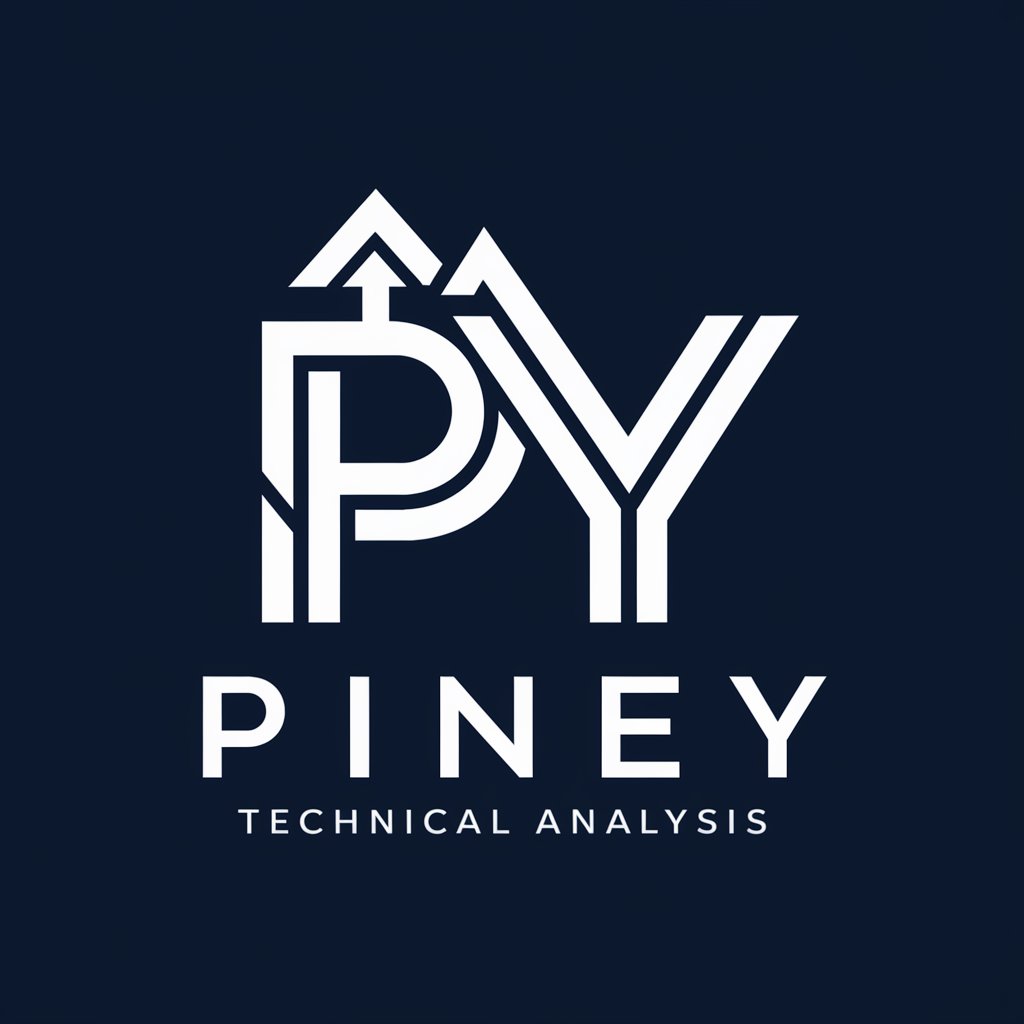
Contract Reader
AI-Powered Real Estate Document Guidance

Frequently Asked Questions about Anotações de Artigos
Can Anotações de Artigos be used for non-academic articles?
Yes, while primarily designed for academic research, Anotações de Artigos can also be adapted for annotating non-academic articles, providing a structured way to highlight and organize key information.
Is there a limit to the number of articles I can annotate?
The tool does not inherently limit the number of articles you can annotate. However, effective use depends on managing your annotations for ease of access and integration into your projects.
How does Anotações de Artigos help in writing a dissertation?
It streamlines the research process by organizing annotations, identifying key concepts, and facilitating the synthesis of information across various sources, which is crucial for writing a comprehensive dissertation.
Can I share my annotated articles with others?
Yes, Anotações de Artigos allows for the sharing of annotated articles, making it a valuable tool for collaborative research projects or study groups.
How does the tool ensure the confidentiality of my annotated articles?
The platform employs robust security measures to protect the privacy and confidentiality of your annotated articles, ensuring that your research remains secure.
